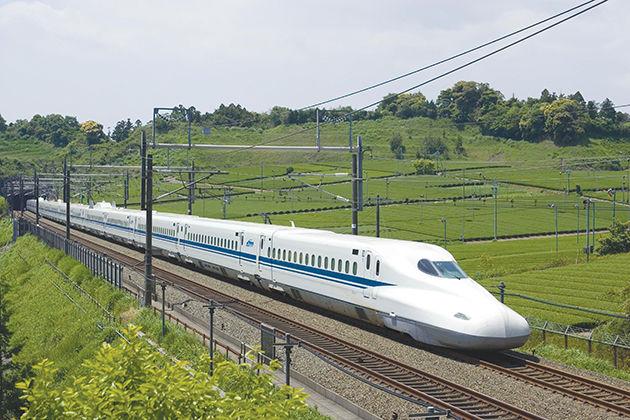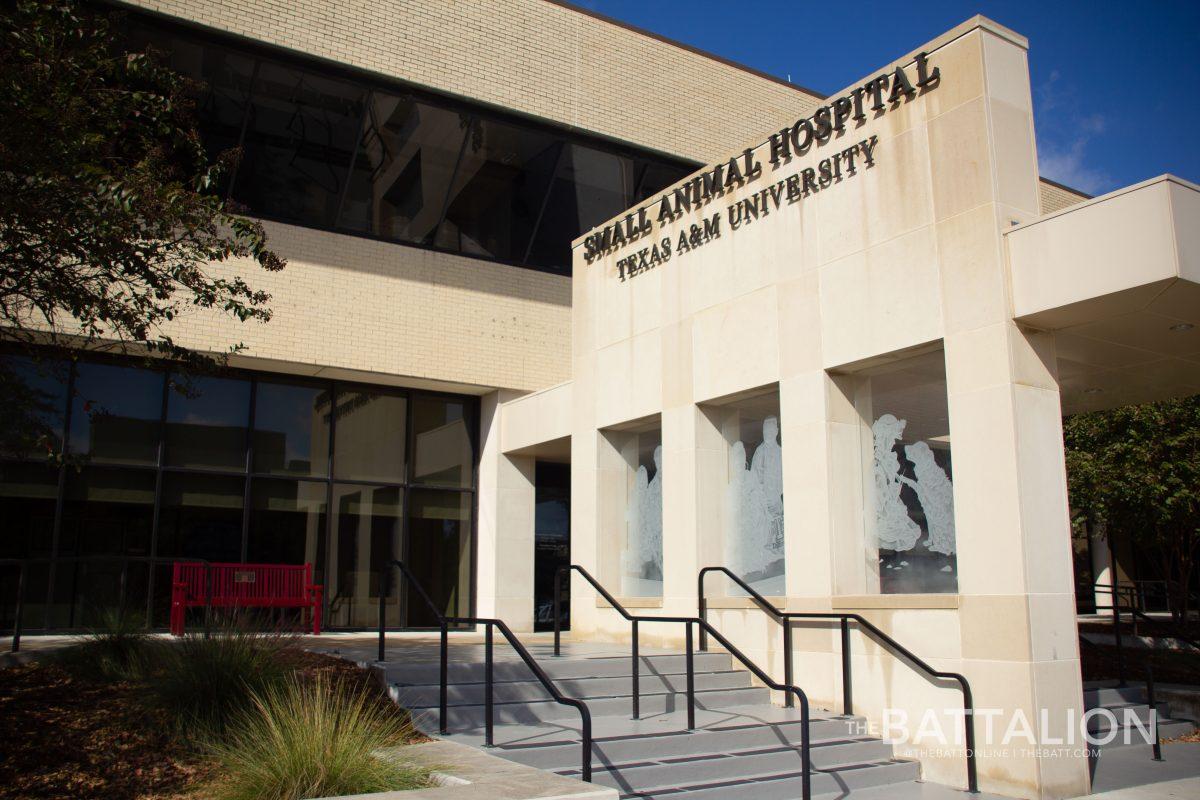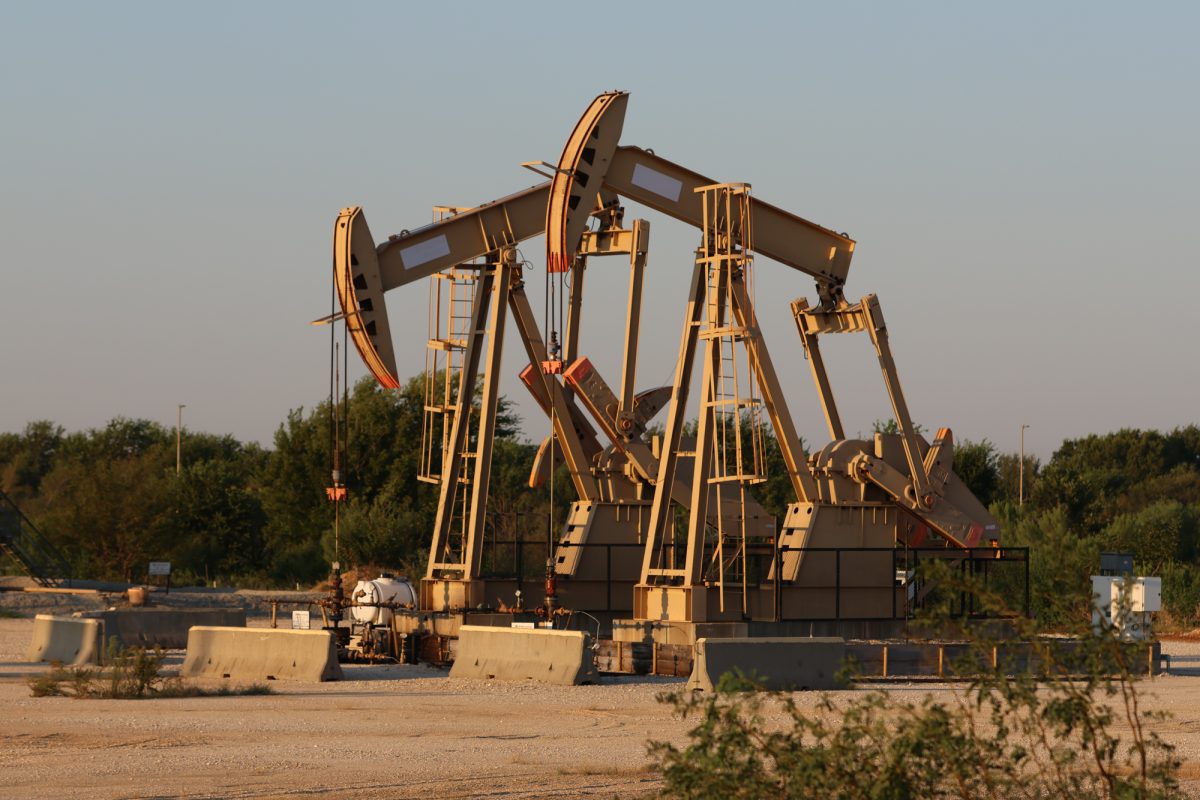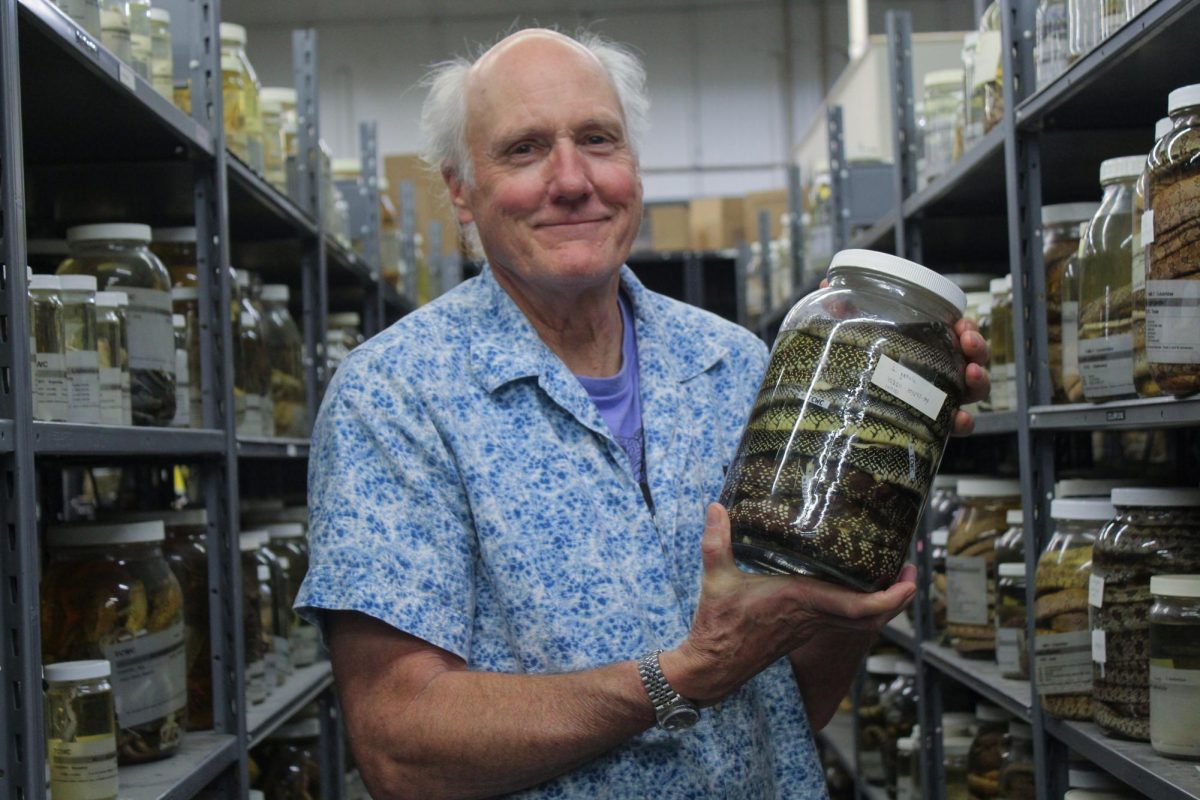Despite efforts by staunch opponents against the high-speed rail, Texas Central continues to move forward in its plan to build a rail between Dallas and Houston.
Last week, a group of Texas congressmen moved to file a slate of bills that would challenge Texas Central Railway’s plan. The bills were filed to address issues faced by landowners in the 10 counties between Dallas and Houston subjected to eminent domain if the high-speed rail is built.
State Representative Leighton Schubert said in a press release he would continue to oppose the current high-speed rail plan.
“This group of foreign investors is threatening to seize family farms, physically divide the state of Texas, and have a gravely detrimental impact on the citizens I represent,” Schubert said. “At a minimum, the people of Texas deserve reasonable reassurances that their private property rights will be respected and that they will not be left holding the bag if this ill-conceived project fails.”
However, this has not halted the process of construction, according to Texas Central.
“The Texas Bullet Train continues to progress on many fronts, including infrastructure engineering design, development of world-leading safety practices and rules, design of the interior of the trains, best practices for the customer/rider experience, minimizing environmental impact and more,” a Texas Central representative said. “[We have] reached option agreements on about 30 percent of the parcels estimated to be needed for the bullet train’s route in the 10-county stretch between North Texas and Houston.”
Jason Skaggs, executive director of government and public affairs of Texas Southwestern Cattle Association, said the organization doesn’t believe landowners are being treated fairly in uses of eminent domain.
“This effort is not geared to undoing eminent domain laws, as we don’t believe that the legislator is ready to go that far at this time,” Skaggs said. “We do think that the process is very uneven and that the landowners are not treated fairly with the companies coming in and saying that they will take their land either way. So what we are really trying to do is to make the process more fair and improve the transparency.”
Texans Against High-Speed Rail wants to completely stop the construction of the high-speed rail because of the property rights, economic, wildlife and county infrastructure concerns. Kyle Workman, Class of 1997 and president of Texans Against High-Speed Rail, said he believes the rail, if constructed, would be a financial failure.
“The high-speed rail is still heavily subsidized and we are in Texas, of all places, where there is low population density, which is made up primarily of people that own cars and are not willing to give them up and in most cases there will not be even enough ridership to cover the cost,” Workman said. “If you can’t cover the operation and maintenance cost, then let alone covering the debt service.”
According to Texans Against High-Speed Rail, Texas Central is threatening people for their land, without officially having the power of eminent domain. Workman said he does not believe Texas Central will qualify for eminent domain power, as they are neither a railroad or an incorporation that was established before 2007.
“They are threatening people with eminent domain, that they do not have, and they are clearly not a railroad and do not qualify,” Workman said. “They simply do not qualify for the power of eminent domain. Yet in the public domain, they are out there spewing that they are a railroad that has that power so there are people that are coerced into executing option contracts or just signing survey forms based on the false premise that they have eminent domain, which they do not.”
Texas Central said they have a strong belief in the ability of the project to preform, and said that while the project will remain fiscally responsible, profits aren’t their top priority.
“Publicly sponsored transportation projects do not have to be profitable,” Texas Central said. “Their success is not measured by financial returns, but rather in the ‘public good’ they generate – increasing transportation capacity, driving development, encouraging density and job creation, etc. In Texas, there is an enormous opportunity for this high-speed train to be economically viable, giving travelers a choice away from automobiles and planes, which can be unreliable, unproductive and slow.”
High-speed rail plan faces opposition
February 26, 2017
Photo by Provided
The high speed rail would connect Dallas to Houston with a stop in College Station to connect them.
0
Donate to The Battalion
$2790
$5000
Contributed
Our Goal
Your donation will support the student journalists of Texas A&M University - College Station. Your contribution will allow us to purchase equipment and cover our annual website hosting costs, in addition to paying freelance staffers for their work, travel costs for coverage and more!
More to Discover










